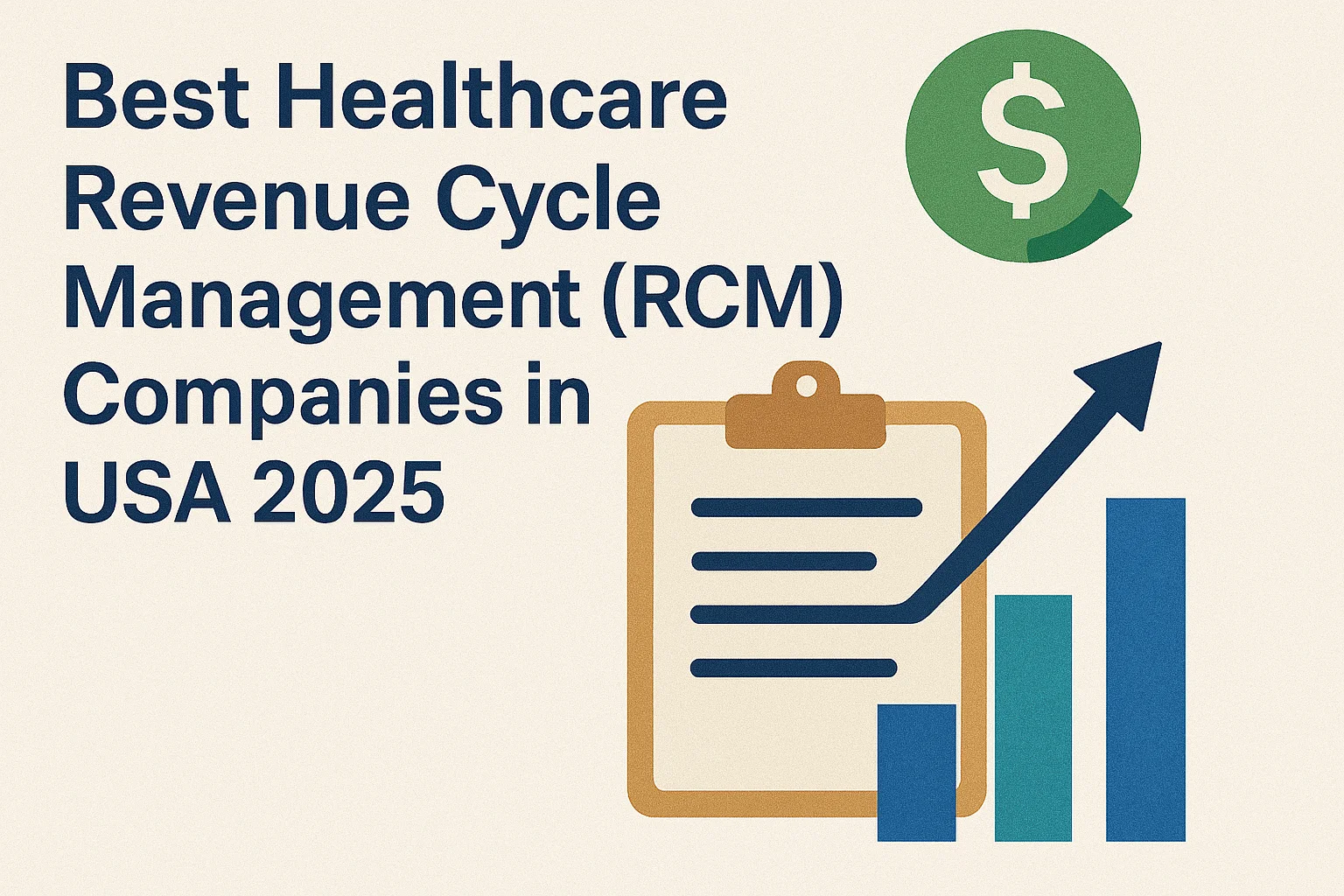Mental health is a key part of overall behavioral health. It includes how we feel, think, and act in daily life. It affects how we handle stress, build relationships, and make decisions. Good mental health helps us stay balanced emotionally, mentally strong, and socially connected.
Mental health conditions like Anxiety Disorders, Depression, Generalized Anxiety Disorder (GAD), panic disorder (Panic Attack), Post-Traumatic Stress Disorder (PTSD), Phobias, Obsessive-Compulsive Disorder (OCD), Social Anxiety Disorder, Bipolar Disorder, are most common health issue in USA.
There are more than 40,000 psychiatrists in the USA. About 6,000 new doctors complete psychiatry training each year across 137 residency programs. Roughly 1 in 5 USA adults experiences a mental illness each year, and 1 in 20 suffers from a serious mental illness.
In 2024, the USA had about 18,516 mental health and substance abuse clinics. Analysts expect that number to reach nearly 19,600 by 2025.
Patients can access mental health care via in-person visits, telehealth, or helplines, but providers like psychiatrists and LCSWs, psychologists, and licensed clinical social workers often struggle to secure fair payments from insurances, Medicare and Medicaid for services.
As a result of this issue, mental health billing companies across the USA are collaborating with mental health providers to simplify the insurance billing process. With billing professionals overseeing the whole workflow, mental health doctors can dedicate their time to delivering excellent patient care, which ultimately leads to faster reimbursements.
This blog will spotlight the leading mental health billing companies for 2025 in USA and outline what to look for when choosing the right billing partner for your practice.
Top 10 Mental Health Billing Companies in the USA
With the landscape for mental health billing in 2025 becoming highly competitive, companies offer niche solutions that streamline the mental health revenue cycle management for providers.
The top 10 mental health billing services, with high collection rates, HIPAA compliance, EHR integration, and services customized for psychiatrists, therapists, and group practices, stand out.
1- Nexus IO

Nexus IO, headquartered in Phoenix, Arizona, is quickly emerging as a leading company in the field of mental health billing services. Nexus IO is helping practices boost revenue by up to 30% and reduce A/R by 30% through advanced, cloud-based RCM solutions. Nexus IO ensures accurate coding, real-time claim tracking, and HIPAA compliance.
Their team of AAPC-certified behavioral health coders specializes in ICD-10, CPT, HCPCS, and HBAI codes. From telehealth billing to automated claim submissions and eligibility checks, Nexus IO empowers mental health providers to focus on care while optimizing financial outcomes.
You can partner with Nexus IO for physician credentialing, claim filing, payment posting, denial management, patient collections with 90% collection rate, 88% clean claims rate, and services available in more than 50+ states make it one of the best mental health billing companies.
2- TheraThink

Founded in 2014 and based in California, TheraThink stands out as the only mental health billing company currently offering free credentialing services until the end of this month. The company has built its reputation by working exclusively with licensed mental health professionals, providing comprehensive services including coding, claims processing, payment accounting, appointment scheduling, and denial management.
Beyond billing, they offer complimentary services like patient eligibility verification, benefits verification, and EHR/EMR software integration for new clients. TheraThink charges a percentage of collected claims and offers a 30-day free trial to help practices evaluate their HIPAA-compliant services.
3- Resilience Billing

Resilience Billing is a specialized mental health billing company based in Northern Illinois. Since 2019, it has been exclusively serving psychotherapists and psychiatric practices, initially supporting outpatient group practices with 22 providers. The company offers comprehensive revenue cycle management services to practices of all sizes, from solo practitioners to large group practices, serving psychiatrists, clinical psychologists, neuropsychologists, licensed counselors, and psychiatric nurse practitioners.
What sets them apart is their HIPAA-compliant approach and performance-based pricing model, Charge a 3 to 10 percentage of net collections received by the practice.charging based on collected revenue rather than billed revenue, which aligns their success with their clients’ financial outcomes. With operating expenses for medical practices surging by an average of 11.1% in 2025, their expertise in working with proven platforms like TherapyNotes and Kareo becomes even more valuable. Resilience Billing has a Google My Business rating of 3.8 out of 5, based on a total of 10 reviews.
4- Psychiatric Billing Associates

Psychiatric Billing Associates (PBA), established in 1994, has been providing billing services to mental health providers for nearly 30 years. The company is headquartered in Mount Sinai, New York. They keep on top of behavioral health billing and help practices collect about 96% of what is owed to them from whatever they bill. They are responsible for all electronic claim submissions and payment follow-ups with insurers, plus confirming patient benefits before the appointment to avoid any surprises.
Each staff member at PBA has over 15 years of experience in mental health billing. There is an initial registration fee, which can be up to $300. After that, they charge a percentage of the monthly net collections, or in some cases, an hourly fee.
The fees are negotiated based on the specific needs of each individual or practice. There is no long-term contract you can discontinue the services with a 30-day notice if you are dissatisfied.
5- Medcare MSO

Since 2012, MedCare MSO has been involved in mental health billing, having brought a decade plus into the niche. Their strong history has set them apart – an 88% first-pass clean claims rate is achieved, along with a 90% collection ratio, for clients.
The system they have is well-integrated with existing EHR platforms and is compliant with all relevant regulations including HIPAA, MHPAEA, and 42 CFR Part 2. The accounts receivable of practices that work with MedCareMSO generally fall by as much as 30%, whereas reimbursements increase by as much as 50%.
This makes them highly useful to solo practitioners and group practices, as they allow them to spend less time worrying about billing and more time with patients, plus they offer 24/7 support and services that can grow with your practice.
6- CureMD

Established in 1997 in New York City, CureMD is a multi-award-winning mental health medical billing company and has been featured on a number of high authority platforms, such as the New York Times, WebMD, and Medical Economics. CureMD is known as a full mental health billing solution with fantastic results, with a 98% clean claim rate and 100% compliance guarantee. The platform specializes in therapy sessions, medication management, and telehealth services while adhering to strict HIPAA compliance through advanced data encryption.
CureMD promotes the efficiency of the processes by assigning dedicated account managers and providing expert support for claims around the clock, resulting in revenue increase of up to 30% and payments three times faster, through proactive denial prevention and automated claims follow-up. The scalable services offer solo providers and multi-location practices alike smooth transitions with almost no disruption to current workflow.
With their expert knowledge in mental health CPT and ICD codes, CureMD streamlines every step of the revenue process, fully supporting credentialing all the way to real-time reporting and analytics so that mental health professionals can focus on caring for their patients.
7- MindEase Billing

Since its founding in 2008, MindEase Billing has developed into an established and mature company providing the very specialized billing needs for individual mental health practitioners. Although its primary focus has been on psychiatrists (MD) and mental health nurse practitioners (MHNP), they have extended their billing services to all license types in the mental health field.
The company has carved a reputation as a stellar alternative for new practitioners attempting to start their practices. It is also seen as a remedy for professionals wanting to recover from poor billing experiences. Aside from billing, they support their clients with various consultative services and maintain a board-directed policy of yearly charitable giving, illustrating their commitment to community impact and company profits.
8- CareMSO

CareMSO, established in 2020 and has operations headquartered in Weatherford, Texas. It caters to the needs of mental health-related professionals across the USA with behavioral health billing solutions. The company touts a 95% reimbursement rate and offers billing services for psychiatrists, psychologists, psychiatric social workers, and psychoanalysts.
CareMSO’s professional billers contend with complicated CPT codes, modifiers, and insurance issues such as verification and authorization, working perfectly within EHR systems to minimize errors and maximize efficiencies. The company, keeping in view the peculiarities of mental health billing involving individualized treatment plans and ever-changing medications, enables practices to focus on their patients while maintaining their financial health.
Having national coverage combined with an expertise in behavioral health billing, they pitch themselves as the trusted vendors for mental health practices looking to fine-tune revenue cycle management.
9- Behavioral Health Billing Solutions

Behavioral Health Billing Solutions (BHBS) stands out as a specialized mental health billing partner, founded in 2017 and led by CEO Teresa Heim. The company has earned recognition through its official affiliate partnership with Qualifacts, makers of the CareLogic EHR system specifically designed for behavioral health practices.
BHBS achieves an impressive average reimbursement rate of 96-98%, demonstrating their expertise in maximizing revenue for small and medium mental health practices. Their comprehensive services include billing process evaluation, EHR implementation, and specialized support for Ohio’s Behavioral Health Redesign requirements. BHBS focuses on meticulous credentialing and seamless claim submission to ensure optimal financial outcomes for their clients.
10- Cascade Therapy Billing

Cascade Therapy Billing started up in 2016 and is situated in Riviera Beach, Florida. Cascade Therapy Billing only serves the mental health professionals in need of special billing solutions for solo practitioners, group practices, and enterprises. The company handles all aspects of billing such as electronic claims, daily claims filing, and follow-up, handling claims at multiple payer levels, denial and underpayment management, and seamless integration with EMR for real-time reporting.
This very small company structure allows for a great deal of focus to be placed on individual clients and what they say is the fastest turnaround time in the entire industry. Cascade Therapy Billing focuses on maximizing revenue and cutting costs and on efficiency, giving mental health professionals more time with their clients instead of behind paperwork.
It tries to work as an in-house biller while appearing as an outside service, with comprehensive aggressive follow-up and complete transparency in billing operations.
Tips to Choose the Best Mental Health Billing Company
Check Their Specialization: Check if the company has mental health billing experience with knowledge about CPT codes (like 90837 for therapy) and behavioral health insurance policies.
Verify Compliance & Security: Verify HIPAA compliance of services and strong encryption for patients’ confidentiality.
Review Their Success Metrics: Look into clean claim rates (highest rating: 90%+) and average collection times as measures of efficiency.
Assess Pricing Structure: Avoid hidden fees; performance pricing (percentage of collections) is preferable over flat fees.
Evaluate Tech & EHR Integration: Look for a company whose medical billing services integrate seamlessly with your existing EHR/EMR system.
Read Client Reviews: Testimonials and case studies indicate reliability, customer support, and dispute resolution training.
Bottom Line
The top 10 mental health billing companies in the USA for 2025 have been carefully chosen after deep research. This included checking real client reviews, expert comparisons, and current trends in the industry.
Companies like Nexus IO, TheraThink, and CureMD made the list because they offer strong services, such as high collection rates, HIPAA compliance, EHR integration, and happy clients. This list is a helpful guide for mental health providers who want to choose the right billing partner. It can support better decisions and improve the financial health of your practice.












